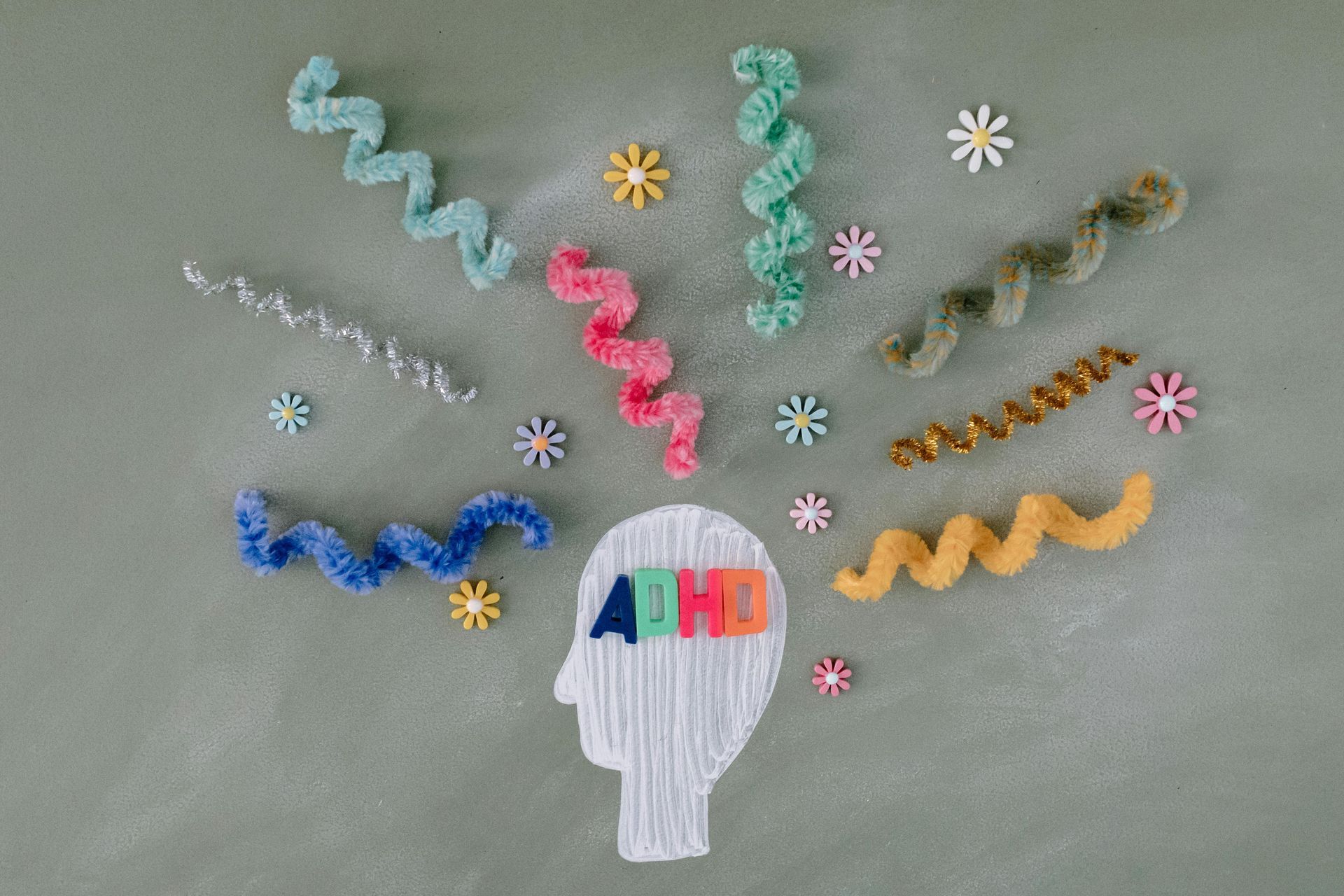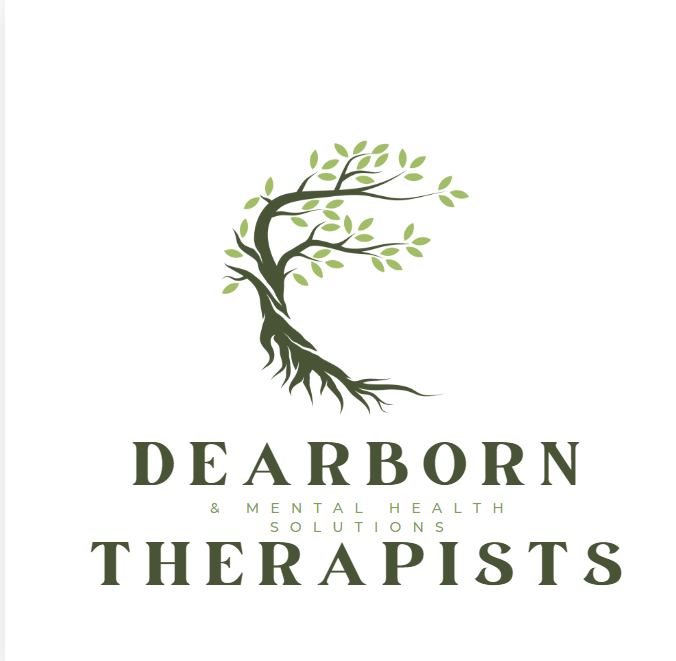Do I Have ADHD? Recognizing the Core Symptoms
Do I Have ADHD? Recognizing the Core Symptoms

Do I Have ADHD? Understanding the Signs, Symptoms, and Diagnosis
Have you ever found yourself wondering, "Do I have ADHD?" Maybe you’re constantly distracted, forgetful, or overwhelmed by the simplest tasks. Perhaps you’ve been told you're lazy or disorganized, but deep down, you feel that something more is going on. If this sounds familiar, you're not alone. Many adults and children live for years without realizing their struggles could be related to Attention-Deficit/Hyperactivity Disorder (ADHD).
In this comprehensive and easy-to-read blog post, we’ll walk you through what ADHD really looks like, how it's diagnosed using evidence-based criteria, and how to tell whether your experiences may align with this condition. We'll also answer some frequently asked questions about ADHD symptoms, diagnosis, and treatment to help you find clarity and support.
What Is ADHD?
ADHD, or Attention-Deficit/Hyperactivity Disorder, is a neurodevelopmental condition characterized by persistent patterns of inattention, hyperactivity, and/or impulsivity. While often associated with children, ADHD affects people of all ages. Many adults realize later in life that what they thought were personality traits—like chronic disorganization, impulsiveness, or poor time management—were actually symptoms of ADHD.
There are three main presentations of ADHD:
- Predominantly Inattentive Presentation
- Predominantly Hyperactive-Impulsive Presentation
- Combined Presentation
Each type presents differently, but all are valid and can impact daily functioning, academic or job performance, and relationships.
Do I Have ADHD? Common Signs and Symptoms
If you're asking yourself, "Do I have ADHD?" it's helpful to look at the common symptoms. According to the DSM-5 (Diagnostic and Statistical Manual of Mental Disorders, 5th Edition), ADHD symptoms must:
- Persist for at least six months
- Be present in two or more settings (e.g., work, school, home)
- Interfere with or reduce the quality of social, academic, or occupational functioning
Inattentive Symptoms:
- Frequently makes careless mistakes in schoolwork or job tasks
- Difficulty sustaining attention in tasks or play activities
- Often seems not to listen when spoken to directly
- Does not follow through on instructions; fails to finish schoolwork or chores
- Trouble organizing tasks and activities
- Avoids or is reluctant to engage in tasks requiring sustained mental effort
- Frequently loses things needed for tasks (keys, phone, glasses)
- Easily distracted by extraneous stimuli
- Often forgetful in daily activities
Hyperactive-Impulsive Symptoms:
- Often fidgets with hands or feet or squirms in seat
- Leaves seat in situations where remaining seated is expected
- Runs or climbs in inappropriate situations (in adults, this may show as restlessness)
- Unable to play or engage in leisure activities quietly
- Often “on the go” or acts as if “driven by a motor”
- Talks excessively
- Blurts out answers before questions have been completed
- Has difficulty waiting their turn
- Interrupts or intrudes on others
You don’t need to check off every box to meet the criteria. Adults generally need to exhibit at least five symptoms from either category, while children need six.
ADHD in Adults vs. Children
The question "Do I have ADHD?" may come up differently for adults than for kids. Children with ADHD often struggle in school and may appear overly active or defiant. Adults, on the other hand, might feel chronically overwhelmed, have difficulty with time management, or experience problems in their relationships or at work.
For example:
- Adults may miss deadlines, forget appointments, or start projects they never finish.
- They might be seen as unreliable or scattered, even though they’re trying their best.
- Many adults with ADHD struggle with emotional regulation, experiencing intense frustration or mood swings.
In both children and adults, untreated ADHD can lead to anxiety, depression, low self-esteem, and difficulties in daily functioning.
How Is ADHD Diagnosed?
Getting an accurate diagnosis is essential. ADHD can’t be diagnosed through a single test. Instead, a qualified professional (usually a psychiatrist, psychologist, or nurse practitioner) will perform a comprehensive evaluation, which includes:
- A detailed clinical interview
- Behavior rating scales and questionnaires
- Review of medical and psychiatric history
- Gathering information from other sources (teachers, partners, parents, etc.)
It’s important to rule out other conditions that may mimic ADHD, such as anxiety, depression, learning disorders, or trauma-related issues.
Why Self-Diagnosis Isn’t Enough
While it's common to research and self-reflect, a formal diagnosis provides clarity and allows for access to support, accommodations, or treatment options. Misdiagnosing yourself can also lead to missing other critical underlying issues. That said, asking "Do I have ADHD?" is a valid and important starting point.
Living With ADHD
Living with ADHD doesn’t mean you’re broken or lazy. It means your brain processes information differently. With the right tools and support, many people with ADHD lead successful, fulfilling lives.
Effective strategies include:
- Medication management
- Behavioral therapy or cognitive-behavioral therapy (CBT)
- Executive functioning coaching
- Organizational tools like planners, timers, and reminders
- Support groups or peer mentoring
Treatment is individualized. What works for one person may not work for another.
When to Seek Help
If you're seriously wondering, "Do I have ADHD?" and your symptoms interfere with your quality of life, it’s time to consult a mental health professional. Don’t wait until things feel out of control. Early intervention can lead to improved outcomes and reduce the risk of secondary issues like anxiety, depression, and burnout.
ADHD and Co-Occurring Conditions
ADHD often coexists with other conditions, such as:
- Anxiety disorders
- Depression
- Learning disabilities
- Substance use disorders
This is why a comprehensive assessment is critical. A proper diagnosis can help untangle the overlapping symptoms and ensure you receive the correct treatment.
FAQ: Frequently Asked Questions About ADHD
Do I have ADHD if I’m just forgetful?
Not necessarily. Everyone forgets things sometimes. But if forgetfulness is persistent, disruptive, and affects multiple areas of your life (like work, home, and relationships), it may be a symptom of ADHD.
Can you develop ADHD as an adult?
ADHD is a neurodevelopmental condition, meaning it starts in childhood. However, symptoms can become more noticeable in adulthood due to increased responsibilities. Some adults only realize they have ADHD later in life.
Is ADHD overdiagnosed?
There’s a lot of debate around this, but what’s important is that each case is assessed individually. ADHD is sometimes underdiagnosed, especially in women and people of color.
Can I have ADHD without being hyperactive?
Yes. People with the inattentive type may not be hyperactive at all. They might just seem “spaced out,” disorganized, or unmotivated.
What does ADHD feel like?
Many describe it as having a hundred tabs open in your brain at once. It can feel overwhelming, frustrating, and exhausting. But with the right support, it can also become a manageable and even empowering part of who you are.
Is ADHD treatable?
Yes. While there is no cure, ADHD is highly treatable through medication, therapy, coaching, and self-help strategies. Many people find significant relief with the right combination of support.
How do I get tested for ADHD?
Start by speaking with a mental health professional. They will guide you through the evaluation process and help determine whether your symptoms meet the criteria for ADHD.
Final Thoughts
If you’ve been asking yourself, “Do I have ADHD?” for a while, it might be time to stop wondering and start exploring. Living with untreated ADHD can be frustrating, but with awareness and support, things can get better. Understanding the signs and getting an accurate diagnosis is the first step toward healing, growth, and greater self-compassion. Remember, ADHD doesn’t define you—but understanding it can change your life.
If you’re ready to take that next step, reach out to a licensed mental health professional for an evaluation. Your journey to clarity and support starts now.
Looking to get connected with a psychologist who can help you better understand your symptoms and take the next steps? Call us today at (313) 631-3702 to started.
